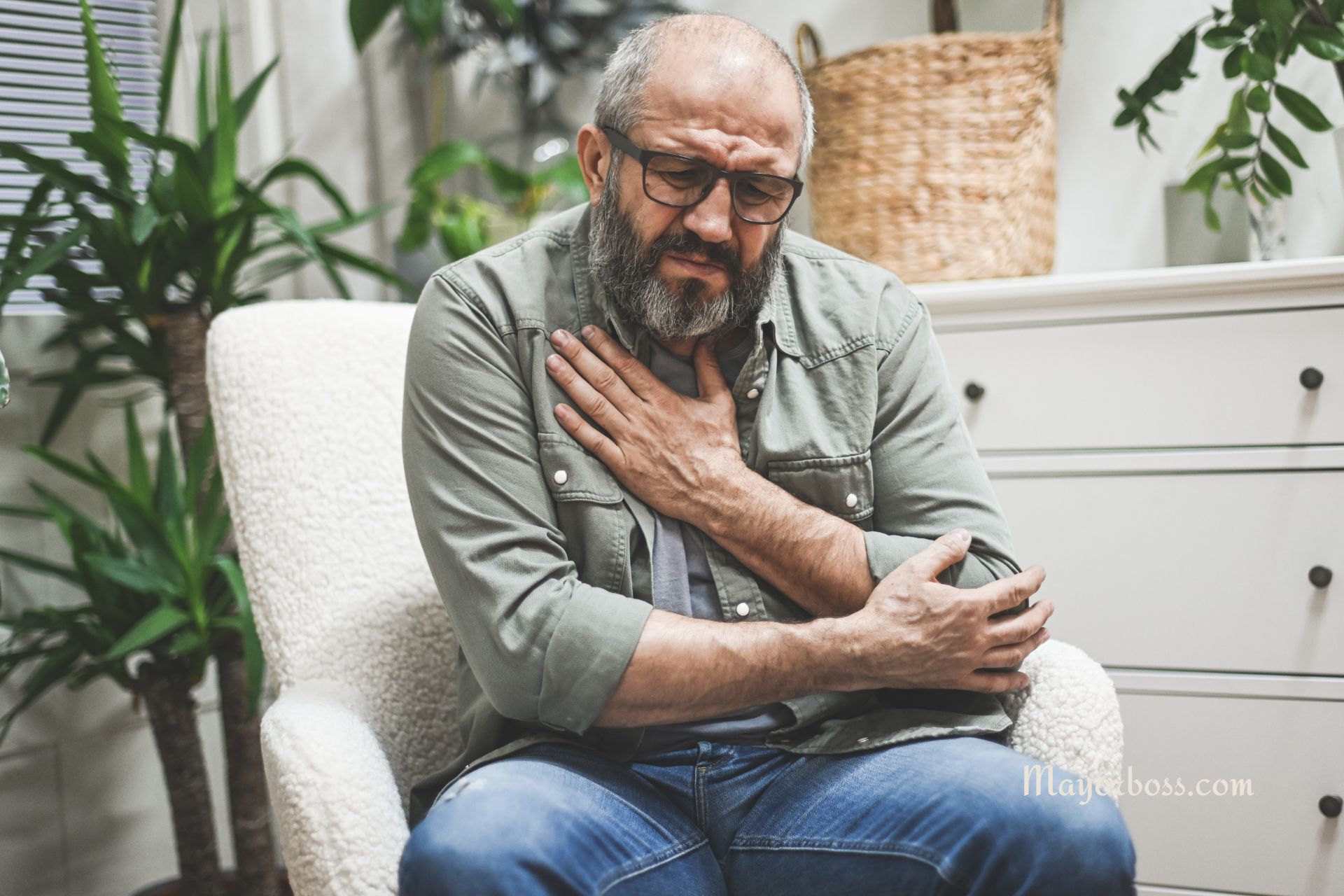6 Surprising Reasons Why You’re Always Short of Breath (And It’s Not Your Fitness)
Feeling short of breath can be worrisome. You might immediately blame it on being out of shape, but what if your persistent breathlessness has a different cause entirely? There are several surprising health conditions and lifestyle factors that can leave you feeling winded more often than you’d like. Let’s explore some unexpected reasons why you might always feel short of breath.

1. Anxiety and Stress
When facing anxiety or stress, our bodies trigger a “fight-or-flight” response. This response includes an increased heart rate and rapid breathing, meant to prepare us for action in a perceived dangerous situation. However, chronic anxiety can lead to persistent shortness of breath, making everyday tasks feel strenuous.
- How to tell: You might experience shortness of breath alongside feelings of nervousness, restlessness, and a racing heart even when not physically exerting yourself.
2. Anemia
Anemia happens when your red blood cell count is low or they don’t function as it should. Red blood cells carry oxygen throughout your body. Without adequate oxygen-carrying capacity, your organs and tissues will struggle, leading to fatigue and shortness of breath.
- How to tell: Besides the shortness of breath, you might be notably pale, experience dizziness, and feel overall weakness.
3. Allergies and Asthma
Seasonal allergies and asthma can significantly constrict your airways, making breathing difficult. While shortness of breath is a key asthma symptom, allergies can trigger similar discomfort if they severely inflame your nasal passages and throat.
- How to tell: Allergy-induced shortness of breath is often accompanied by sneezing, a runny nose, and itchy eyes. Asthma might also cause wheezing and chest tightness.
4. Deconditioning: When Your Body Isn’t Used to Activity
If you’ve led a mostly sedentary lifestyle, even simple tasks like climbing stairs can leave you breathless. This doesn’t necessarily signify poor fitness; it simply means your body isn’t accustomed to regular activity. Your respiratory and cardiovascular systems need time to adapt and become more efficient.
- How to tell: Shortness of breath improves the more you engage in regular physical activity.
5. Acid Reflux
Gastroesophageal reflux disease (GERD), commonly known as acid reflux, happens when stomach acid travels back up the esophagus. While heartburn is its trademark symptom, sometimes, GERD may manifest as shortness of breath. This might occur if the acid irritates your airways or if it triggers anxiety.
- How to tell: Your shortness of breath likely occurs with classic acid reflux symptoms like a burning sensation in your chest and a sour taste in your mouth.
6. Heart Problems
Shortness of breath can be a warning sign of underlying heart conditions such as heart failure, arrhythmias (abnormal heart rhythms), or coronary artery disease. When your heart isn’t pumping blood efficiently, your body won’t receive the oxygen it needs.
- How to tell: Heart-related shortness of breath is typically accompanied by chest pain, swelling in your legs and ankles, and unusual fatigue.
Frequently Asked Questions
Q: When should I see my doctor about shortness of breath?
A: Seek prompt medical attention if shortness of breath comes on suddenly, is severe, or worsens over time. Consult your doctor if it interferes with your daily activities or if you have other concerning symptoms like chest pain or swelling.
Q: How can I manage shortness of breath at home?
A: Simple tips include practicing controlled breathing techniques, sitting upright, avoiding triggers (if known), and gradually increasing physical activity (if deconditioning is the reason).
Q: Can shortness of breath be a symptom of COVID-19?
A: Yes, shortness of breath is a common symptom of COVID-19, often accompanied by fever, cough, and other respiratory symptoms. If you suspect COVID-19, get tested and follow medical advice.
In short, if you experience persistent or severe shortness of breath, it’s essential to consult a doctor for accurate diagnosis and treatment.
